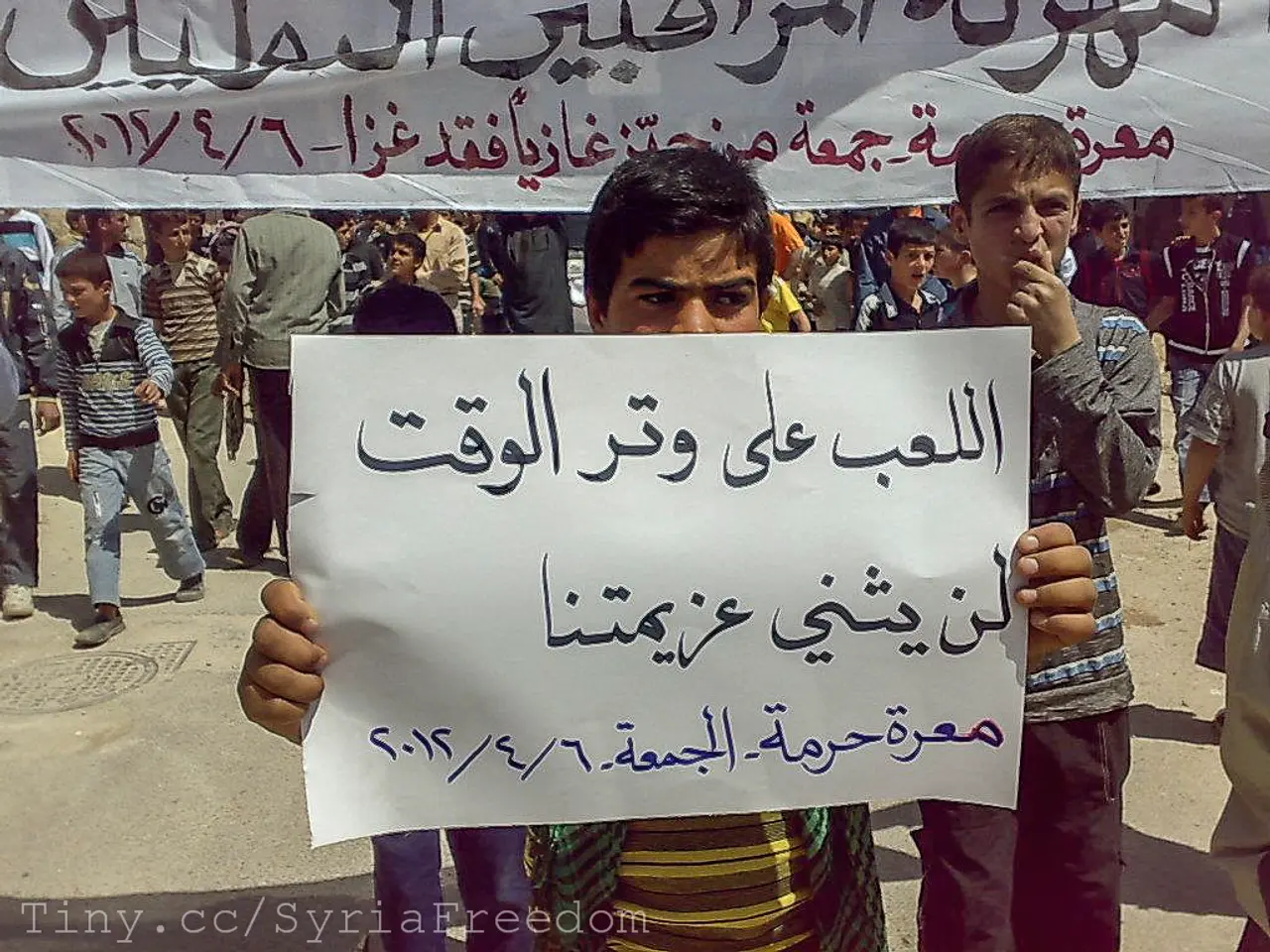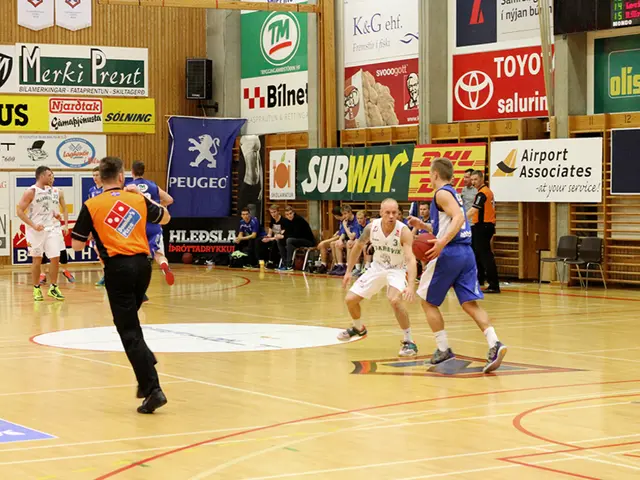Refugee attacks see a decrease in preliminary evaluations
In recent years, Germany has witnessed a significant increase in unreported crimes and hate incidents against asylum seekers and refugees, particularly those of Muslim faith. This hostile environment, driven by factors such as growing Islamophobia, far-right extremism, and mixed or insufficient state messaging regarding minorities and asylum seekers, has led to many victims remaining silent due to fear and mistrust.
According to the Federal Office for Migration and Refugees (Bamf), over 3,000 anti-Muslim incidents were reported in 2024, an almost doubling from the 898 incidents reported in 2021. However, it is believed that many more incidents go unreported. These attacks often target visibly Muslim individuals, such as women wearing hijabs.
The influx of refugees from countries like Ukraine, Syria, and Türkiye has contributed to social tensions in Germany. Differences in treatment and public discourse around refugee groups may also lead to underreporting, as some feel marginalized or fear discrimination.
Victims often do not trust authorities to act fairly or adequately, fearing further victimization or social stigma. Mixed government and media messages, as well as growing far-right vigilantism, exacerbate this reluctance.
To address this issue, potential solutions include clear, consistent state communication condemning hate crimes and Islamophobia, promoting inclusion and protection for refugees and minorities. Improved victim support services, including culturally sensitive counseling, legal assistance, and community outreach, can help build trust. Enhanced police training on dealing with minority communities and hate crime investigations can encourage reporting and ensure thorough responses. Stronger legal measures against perpetrators of hate crimes and public awareness campaigns targeting xenophobia and racism are also crucial. Empowering civil society groups and monitoring organizations to document incidents and support victims can increase visibility and accountability.
While official crime statistics for 2025 show some decline in reported crimes targeting asylum seekers, this may reflect continued underreporting rather than an actual decrease, especially outside major conflicted areas. Sustained efforts are needed to reduce unreported crimes through trust-building and protective measures.
In February 2024, a law of the traffic light government came into force, which expanded the possibilities for detention and deportation. However, this fact was not repeated in the context of the discussion on underreported crimes and hate incidents against refugees.
Clara Bünger, interior policy spokeswoman for The Left, has stated that racist harassment, threats, and physical attacks are still part of daily life for people seeking protection in Germany. She believes that this situation is a result of a policy that declares refugees as a problem instead of addressing issues like housing shortages, poverty, over-indebted municipalities, and crumbling infrastructure.
During the 2025 federal election campaign and after the swearing-in of the new black-red federal government, the ordered rejections of asylum seekers at the German borders were particularly in focus. Two of the rallies held nationwide, carried out or dominated by right-wing extremists, focused on immigration or asylum, and were allegedly organized by the AfD, which is currently being monitored by the Federal Office for the Protection of the Constitution as a suspected right-wing extremist case.
[1] Source: Amnesty International Germany [2] Source: Federal Office for Migration and Refugees (Bamf) [3] Source: Federal Ministry of the Interior, Building, and Community [4] Source: Preliminary police evaluation [5] Source: German Council of Experts on Immigration and Integration
- The general-news discussions on underreported crimes against refugees frequently overlook the impact of politics and policies, such as the expansion of detention and deportation possibilities, which may further discourage reporting due to fear of authorities.
- In the realm of crime-and-justice, facing general mistrust, many refugees in Germany, including those from Muslim faith, remain hesitant to report hate incidents, due to the politically charged environment surrounding their asylum status and public discourse.








